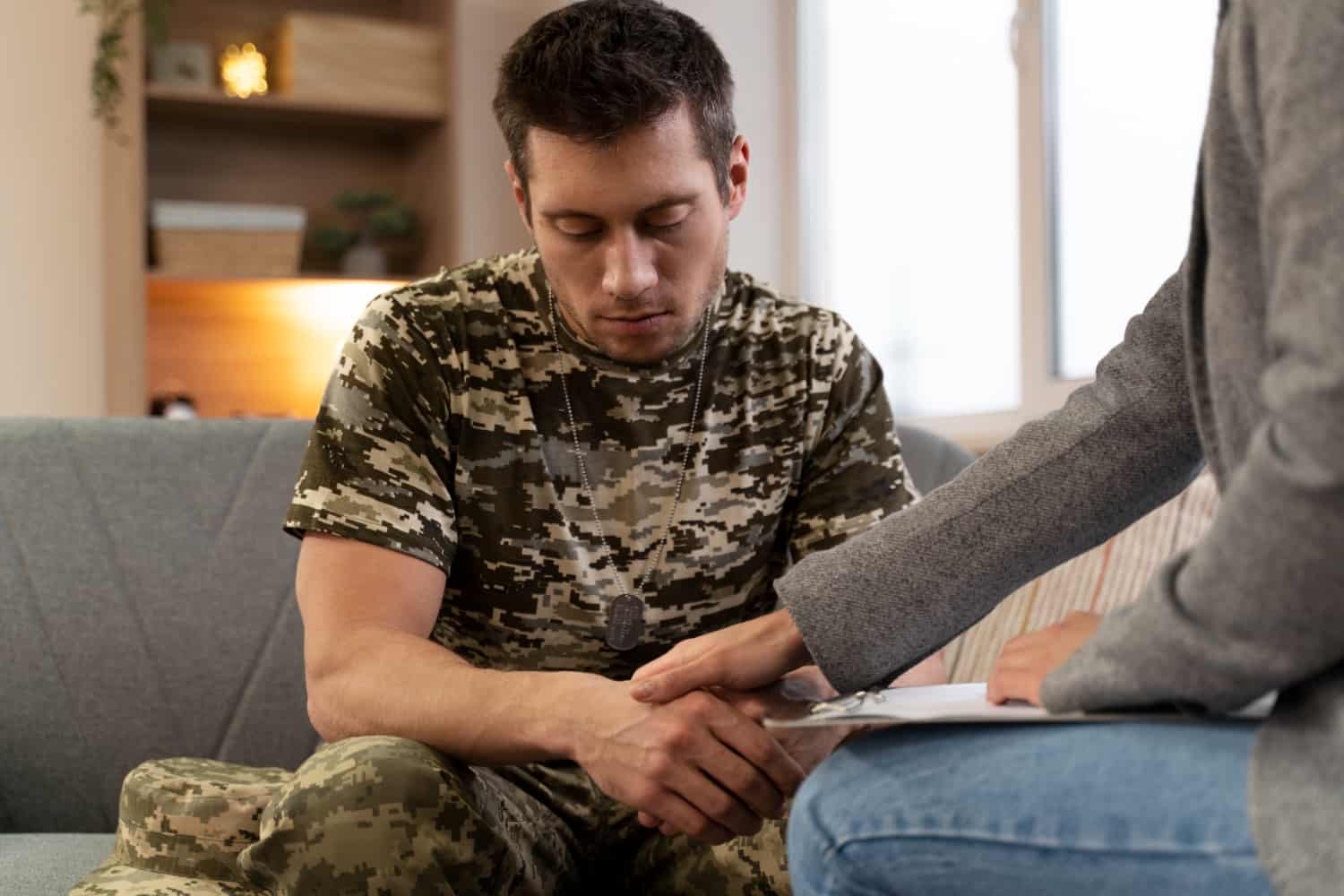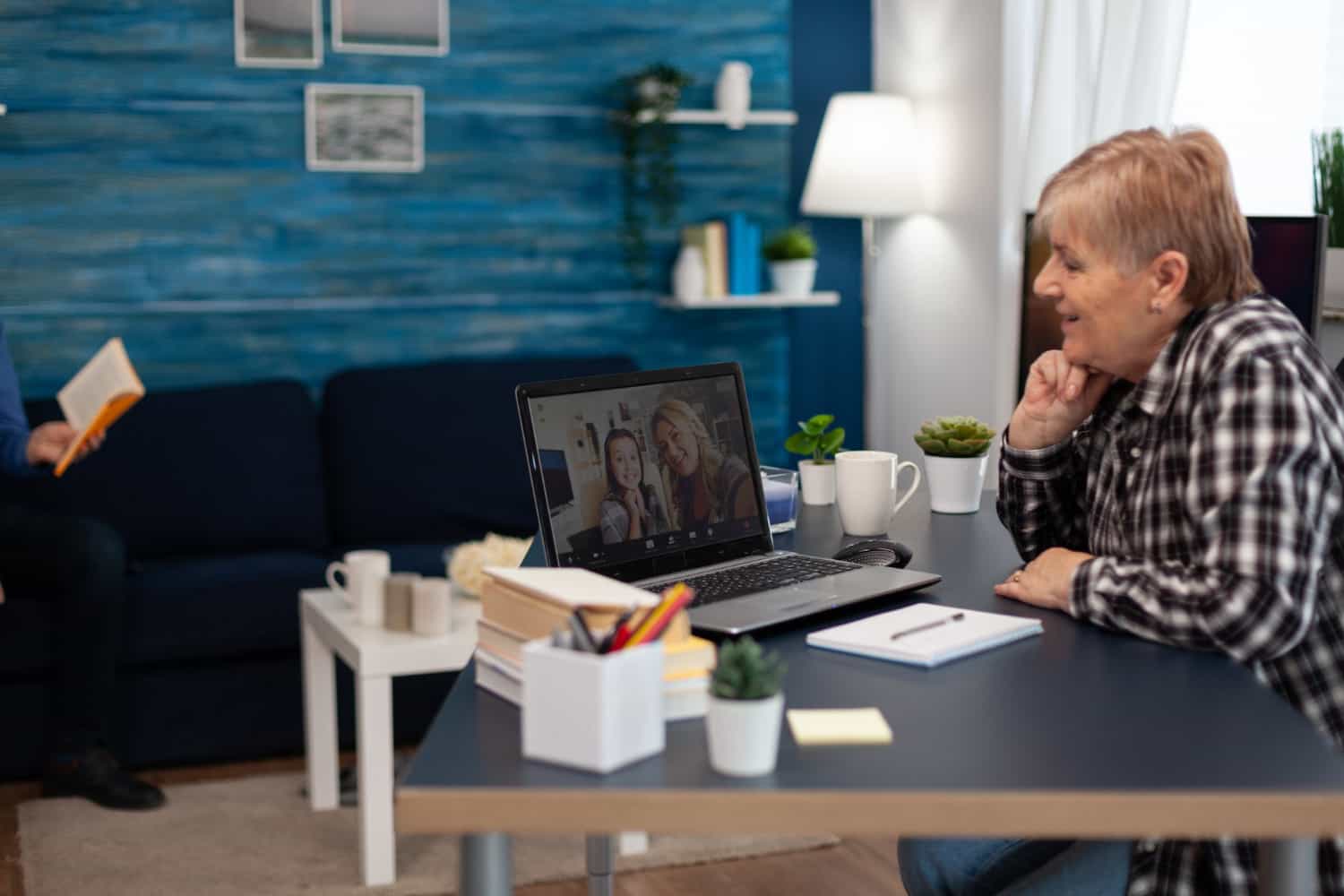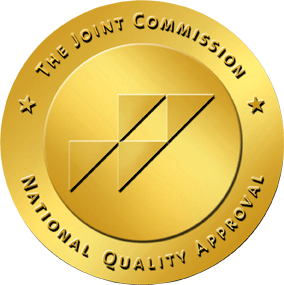Beginning a structured mental health or substance use treatment program is a courageous step. For many individuals, entering an Intensive Outpatient Program (IOP) feels like a new chapter. Whether the goal is to manage anxiety, depression, or substance use, understanding what to expect can help ease the transition into care.
An IOP offers structured support that bridges the gap between full-time inpatient treatment for depression and more traditional outpatient therapy. During the first week of IOP, clients are gradually introduced to the therapeutic environment, their treatment team, and the routines that will shape their recovery.
Improving Lives Now provides a welcoming and supportive IOP setting in Miami. This post explores what happens during that crucial first week and how clients can prepare for it. Learn more about our Intensive Outpatient Program in Miami.
Understanding What an IOP Is and Who It’s For
Before exploring the first week of IOP, it helps to understand the purpose and structure of an Intensive Outpatient Program. IOPs are designed for individuals who need more support than weekly therapy but do not require 24-hour care. This includes people with moderate depression, anxiety, or substance use disorders who are stable enough to live at home while receiving treatment.
At Improving Lives Now, IOP services are comprehensive and client-centered. The program is ideal for those stepping down from inpatient treatment or transitioning from a Partial Hospitalization Program (PHP). It may also be a suitable entry point for individuals beginning mental health care for the first time.
Clients often attend for concerns such as emotional dysregulation, relationship struggles, trauma responses, substance use, or persistent mood symptoms. The program provides a nurturing environment to begin processing those experiences with professional support.
Explore additional support through our Anxiety & Depression Support in Miami.
How Long Is an IOP Program?

Understanding the duration of treatment can help set expectations and prepare for a successful commitment. Most IOP programs, including those at Improving Lives Now, last between 8 to 12 weeks, depending on individual needs.
Clients typically attend three to five sessions per week, with each session lasting around three hours. Sessions may occur during daytime or evening hours to accommodate work, school, or family responsibilities.
Throughout the program, clients collaborate with their care team to reassess progress and adjust goals as needed. Consistency is key. The first week of IOP, in particular, lays the groundwork for healthy patterns and therapeutic momentum.
What to Expect in Your First Week of IOP
Beginning an IOP is an opportunity to reconnect with oneself and begin healing. The first week focuses on assessment, orientation, and creating a sense of safety within the treatment space.
Intake and Clinical Assessment
Clients begin by completing an intake process. This typically includes paperwork, consent forms, and a clinical interview. The assessment helps providers understand the individual’s medical history, psychological background, substance use (if applicable), and current functioning.
This phase is essential for designing a customized treatment plan for mental health or substance use recovery. Clients may also be asked about medications, family dynamics, and previous therapeutic experiences.
Meeting the Care Team
Each client is introduced to the clinical team, which may include a licensed therapist, psychiatrist, nurse practitioner, and group facilitators. The care team collaborates to provide support across individual, group, and family services.
These professionals become key partners throughout the recovery journey, offering guidance, compassion, and evidence-based interventions.
Orientation and Program Overview
Orientation is provided during the first few days. Clients learn about program expectations, scheduling, group guidelines, and confidentiality practices. This overview helps reduce anxiety and provides structure.
Clients receive an outline of the weekly calendar, including group topics, therapy modalities, and scheduled individual therapy appointments.
Beginning Group and Individual Sessions
Clients often begin attending therapy sessions during the first week. Group therapy encourages connection and reduces isolation. Sessions focus on emotional processing, communication skills, relapse prevention, and managing mood symptoms.
Individual sessions offer space to explore personal goals, trauma, or coping strategies. This dual approach is a core element of effective IOP care.
Clients enrolled in substance use services may also begin attending specialized groups, such as Substance Abuse Group Therapy or Individual Substance Abuse Counseling in Miami.
A Breakdown of Services Clients May Access During IOP
Over the course of treatment, clients benefit from an integrated network of services designed to promote long-term recovery.
Improving Lives Now offers a range of evidence-based services:
- Individual Psychotherapy in Miami
- Family Therapy
- Substance Abuse Group Therapy in Miami
- Individual Substance Abuse Counseling in Miami
- Anxiety & Depression Support in Miami
- Professional Life Coaching in Miami
These services work in tandem with the IOP framework, helping clients gain clarity, insight, and tools for lasting change.
Teletherapy Services for Flexible IOP Participation

For clients who require more flexibility, virtual treatment is available. Improving Lives Now offers teletherapy options that align with the structure and standards of in-person IOP sessions.
Teletherapy allows clients to participate in therapy sessions from home or another safe location. This option is particularly beneficial for those with transportation challenges, medical conditions, or anxiety about attending sessions in person.
Despite being remote, virtual sessions maintain the same therapeutic quality, privacy protections, and clinical engagement as on-site care.
How Clients Typically Feel After the First Week
The first week of IOP often brings a mix of emotions. Some clients may feel hopeful and encouraged, while others may feel vulnerable, nervous, or emotionally raw. All of these responses are valid.
Adjusting to a structured routine, new social dynamics, and self-exploration can take time. Many clients report feeling a greater sense of clarity and connection by the end of the first week. Establishing rapport with peers and the clinical team creates a safe space to begin real healing work.
The first steps are often the hardest, but they also open the door to transformation.
Ready for a Fresh Start? Let’s Take the First Step Together
Taking that first step into IOP care can feel overwhelming, but clients do not need to navigate it alone. Improving Lives Now provides compassionate, expert support every step of the way. The Intensive Outpatient Program in Miami is designed to meet individuals where they are, with a blend of structure, flexibility, and personalized treatment planning.
Whether the focus is on anxiety, depression, relationship concerns, or substance use, the team is here to help. Clients have access to in-person or virtual care, group and individual therapy, and specialty services tailored to their needs.
Connect with the Improving Lives Now team today to schedule a confidential consultation and explore the program options available.
Call (305) 280-1440, or visit ImprovingLivesNow.com to get started.
Frequently Asked Questions
- How long is an IOP program at Improving Lives Now?
IOP programs typically last 8 to 12 weeks, with three to five sessions per week, depending on the individual treatment plan. - What should clients expect in the first week of IOP?
The first week includes intake, assessments, meeting the care team, program orientation, and the start of individual and group therapy. - Can I attend the Miami Intensive Outpatient Program virtually?
Yes. Teletherapy is available for clients who prefer or require remote access to care. - Is IOP appropriate after inpatient treatment for depression?
Yes. IOP is often the next step after inpatient treatment, providing continued support while allowing clients to return to their daily lives. - What services are available alongside IOP?
Services include Individual Psychotherapy, Family Therapy, Group Therapy, Anxiety & Depression Support, and Life Coaching, among others.


